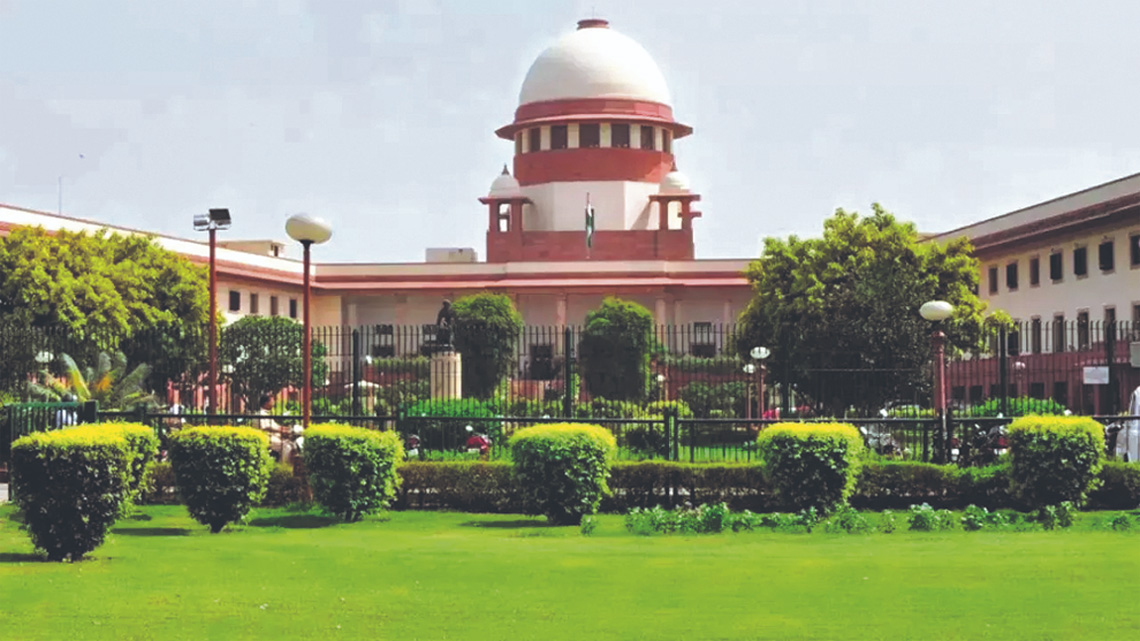Supreme Court Upholds Reproductive Autonomy: Relief for Couples in Surrogacy Age-Limit Case
Case Title: Vijaya Kumari S & Another vs Union of India
(With connected cases: Urvashi & Another vs Union of India & Ors;
Arun Muthuvel vs Union of India & Others)
Case Number: Writ Petition (Civil) No. 331 of 2024; W.P. (C) No. 809
of 2024; I.A. No. 181569 of 2022 in W.P. (C) No. 756 of 2022
Judgment Citation: 2025 INSC 1209
Bench: Justice B.V. Nagarathna and Justice K. V. Viswanathan
Date of Judgment: October 9, 2025

In a landmark judgment reinforcing the constitutional right to
reproductive autonomy, the Supreme Court of India has held that the
age restrictions prescribed under the Surrogacy (Regulation) Act,
2021 cannot be applied retrospectively to couples who had already
commenced surrogacy procedures before the law came into force.
Justice B.V. Nagarathna and Justice K. V. Viswanathan, delivering a
detailed judgment, ruled in favour of three couples who had begun
the surrogacy process-including fertilisation and freezing of
embryos-prior to January 25, 2022, when the Act came into effect.
The Court observed that such couples possessed a "vested right to
parenthood" that could not be nullified by subsequent legislation.
The petitions-Writ Petition (Civil) No. 331 of 2024 (Vijaya Kumari S
& Anr. vs Union of India) and W.P. (C) No. 809 of 2024 (Urvashi &
Anr. vs Union of India & Ors)-along with an interlocutory
application (I.A. No. 181569 of 2022) in W.P. (C) No. 756 of 2022 (Arun
Muthuvel vs Union of India)-challenged the constitutionality of
Section 4(iii)(c)(I) of the Surrogacy Act, which limits the age of
intending couples to 23-50 years for women and 26-55 years for men.
The Court emphasised that laws cannot operate retrospectively to
take away fundamental rights, holding that the petitioners' right to
pursue surrogacy arose before the Act was enacted. Justice
Nagarathna observed:
"The right to surrogacy, as a facet of reproductive autonomy and
parenthood, vested in the petitioners prior to the enforcement of
the Act and cannot now be stultified by retrospective application."
Rejecting the Centre's contention that the age limits protect
children's welfare and ensure adequate guardianship, the Court held
that such reasoning cannot override a couple's constitutional right
to reproductive choice under Article 21.
Importantly, the judgment clarified that the process of surrogacy is
deemed to have commenced once the embryos are fertilised and frozen,
even if the implantation into a surrogate's womb has not yet
occurred.
This ruling marks a significant milestone in India's reproductive
rights jurisprudence, aligning with previous constitutional
precedents such as Suchita Srivastava v. Chandigarh Administration
(2009) and K.S. Puttaswamy v. Union of India (2017), which
recognised privacy and reproductive choice as fundamental rights.
The verdict is expected to have wide-reaching implications for
couples affected by the transition to the 2021 Surrogacy Law,
providing relief to those who had initiated the process before the
statutory age restrictions came into effect.
Download the Judgment : Vijaya Kumari S & Another vs Union of India